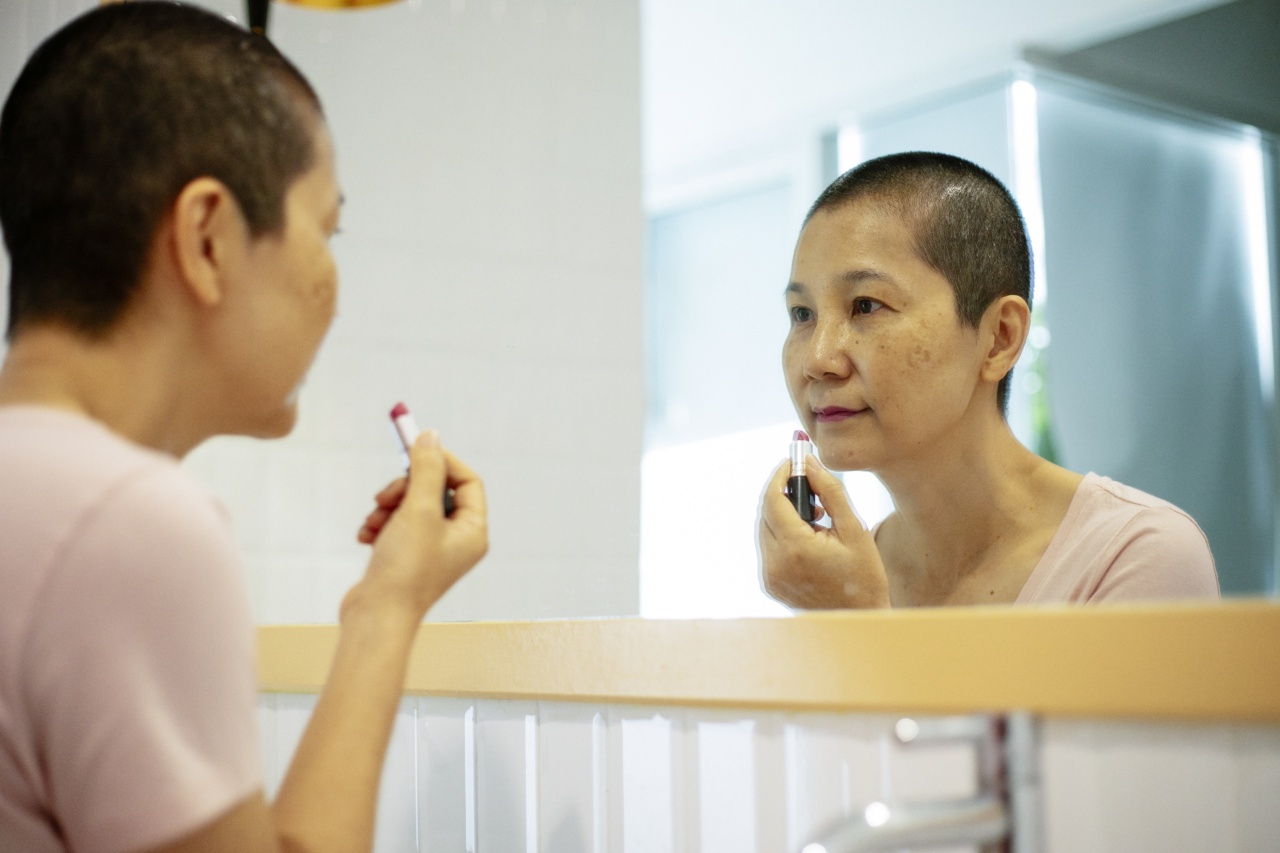Cancer is a deadly disease that claims millions of lives globally each year. The good news is that many types of cancer can be prevented by adopting healthy lifestyle habits.
Unfortunately, many people engage in unhealthy habits on a daily basis that can increase their risk of developing cancer. These habits are often seemingly harmless, but when combined, they can have a significant impact on our health. In this article, we will discuss some of the most common unhealthy daily lifestyle habits that can lead to cancer.
1. Smoking
Smoking is one of the leading causes of cancer. It can increase the risk of developing lung cancer, bladder cancer, pancreatic cancer, and many other types of cancer. Even exposure to secondhand smoke can increase your risk of cancer.
If you smoke cigarettes or use any other tobacco products, it’s essential to quit as soon as possible to reduce your risk of cancer.
2. Poor Diet
Another unhealthy daily lifestyle habit that can lead to cancer is a poor diet. A diet high in processed foods, alcohol, and red meat can increase your risk of developing cancer.
Conversely, a diet rich in fruits, vegetables, whole grains, and lean proteins can help reduce your risk of cancer. It’s essential to make healthy food choices and limit your intake of unhealthy foods and drinks.
3. Lack of Exercise
Regular exercise is essential for maintaining good health and preventing cancer. Studies have shown that regular exercise can reduce the risk of breast cancer, colon cancer, and other types of cancer.
Even moderate exercise, such as walking or gardening, can have significant health benefits. If you lead a sedentary lifestyle, it’s essential to start incorporating physical activity into your routine.
4. Excessive Alcohol Consumption
Excessive alcohol consumption is another unhealthy daily lifestyle habit that can increase your risk of cancer. Studies have shown that alcohol consumption can increase the risk of breast cancer, liver cancer, and other types of cancer.
If you choose to drink alcohol, it’s essential to do so in moderation. The recommended limit is one drink per day for women and two drinks per day for men.
5. Sun Exposure
Excessive sun exposure can increase your risk of skin cancer. It’s essential to protect your skin from the sun by wearing protective clothing and applying sunscreen with a high SPF.
6. Poor Sleep Habits
Not getting enough sleep can lead to chronic inflammation, which can increase your risk of cancer. It’s essential to get enough sleep each night to allow your body to repair and regenerate. Aim for at least seven hours of sleep each night.
7. Chronic Stress
Chronic stress can also contribute to cancer risk. When we’re stressed, our bodies produce cortisol, a hormone that can promote cancer growth.
It’s essential to manage stress through techniques like meditation, yoga, or deep breathing exercises.
8. Exposure to Environmental Toxins
Exposure to environmental toxins like pesticides, air pollution, and industrial chemicals can increase your risk of cancer.
It’s essential to take steps to reduce your exposure to these toxins, like using natural cleaning products and avoiding heavily polluted areas.
9. Ignoring Health Screenings
Ignoring health screenings can also increase your cancer risk. It’s essential to undergo regular cancer screenings like mammograms, colonoscopies, and pap smears, depending on your age and gender.
Early detection is crucial for effective cancer treatment.
10. Not Getting Vaccinated
Finally, not getting vaccinated can increase your cancer risk. Certain viruses like HPV and Hepatitis B can increase your risk of developing cancer. It’s essential to get vaccinated against these viruses to reduce your cancer risk.
Conclusion
Your daily habits can have a significant impact on your cancer risk. By adopting healthy habits like quitting smoking, eating a healthy diet, exercising regularly, getting enough sleep, and managing stress, you can reduce your risk of cancer.
It’s also essential to take steps to avoid exposure to environmental toxins, undergo regular cancer screenings, and get vaccinated against viruses that increase cancer risk.





























